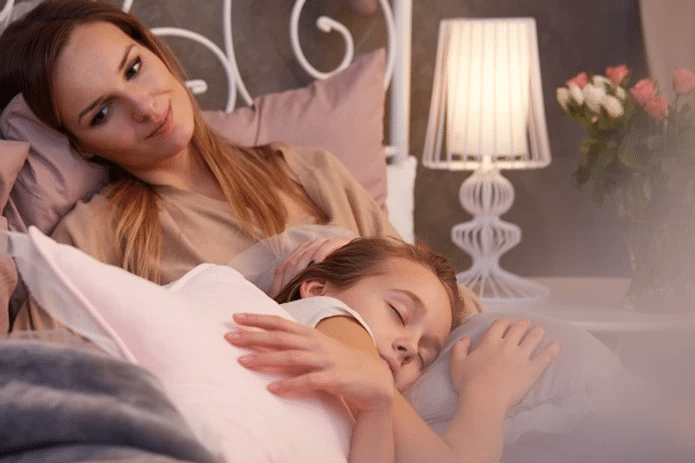Will myopia treatment make my eyes better?
What is Myopia? Who gets myopia? Can it get treated and will it get better? These are just some of the questions that opticians get asked daily.
In short, the definition of Myopia (short-sightedness) is where the eye is longer than normal or the cornea is too steep, meaning that light rays focus in front of the retina. In real terms, this means that near objects are clear, but distant objects appear blurred. This can be relieved by prescribing glasses or contact lenses to make the distance vision clearer again and with more and more lens options available most myopic patients can achieve an excellent level of vision.
So, who gets myopia and when and why does it happen?
In nearly all cases myopia develops rather than being present at birth. In the UK this is most likely to occur between age 6 and thirteen with 20% of teenagers being myopic, which is double the number present in the 1960s!

Anyone can develop the condition with the first symptoms often being your child can’t see the board clearly at school. We probably don’t know all the risk factors yet but unfortunately being a myopic parent isn’t good news (increasing the risk by three times for one parent or seven times for both!).
Other potential risk factors include the amount of time spent doing near work and time spent indoors without vitamin D supplements, however these are still being investigated!
Unfortunately, there is no magic treatment to get rid of someone’s myopia but there are different options to manage it.
The power of glasses
There are some gorgeous glasses around now and our optical dispensers will ensure that you look amazing in whatever you choose. If you’re fed up of glasses though it’s worth considering the alternatives.
Is refractive surgery an option?
This is an option for some patients and prescriptions and means reshaping the front of the eye with a laser, so the patient no longer needs to wear glasses. If that doesn’t sound appealing, then there are other newer options becoming available too.
A revolutionary alternative to surgery
Ortho K contact lenses are worn at night by myopic patients to correct their vision so that they do not need to wear contact lenses during the day. These lenses have been shown to not only correct the patient’s sight but also help prevent myopia getting worse so they’re revolutionising the way we manage some of the younger patients whose eyes may otherwise become progressively more myopic. The downside of these contact lenses is the cost but for some it’s a price worth paying.
Don’t fancy sleeping in your contact lenses?
Specially designed soft contact lenses can be worn during the day to improve sight and slow myopic progression too. So, myopia might not get better but with these new treatment options, it might just slow down!
Hopefully, that’s given you a bit more information about myopia but if you’ve got any questions to feel free to contact your local practice or book in for an eye test with your local trusted independent opticians.
Related articles





